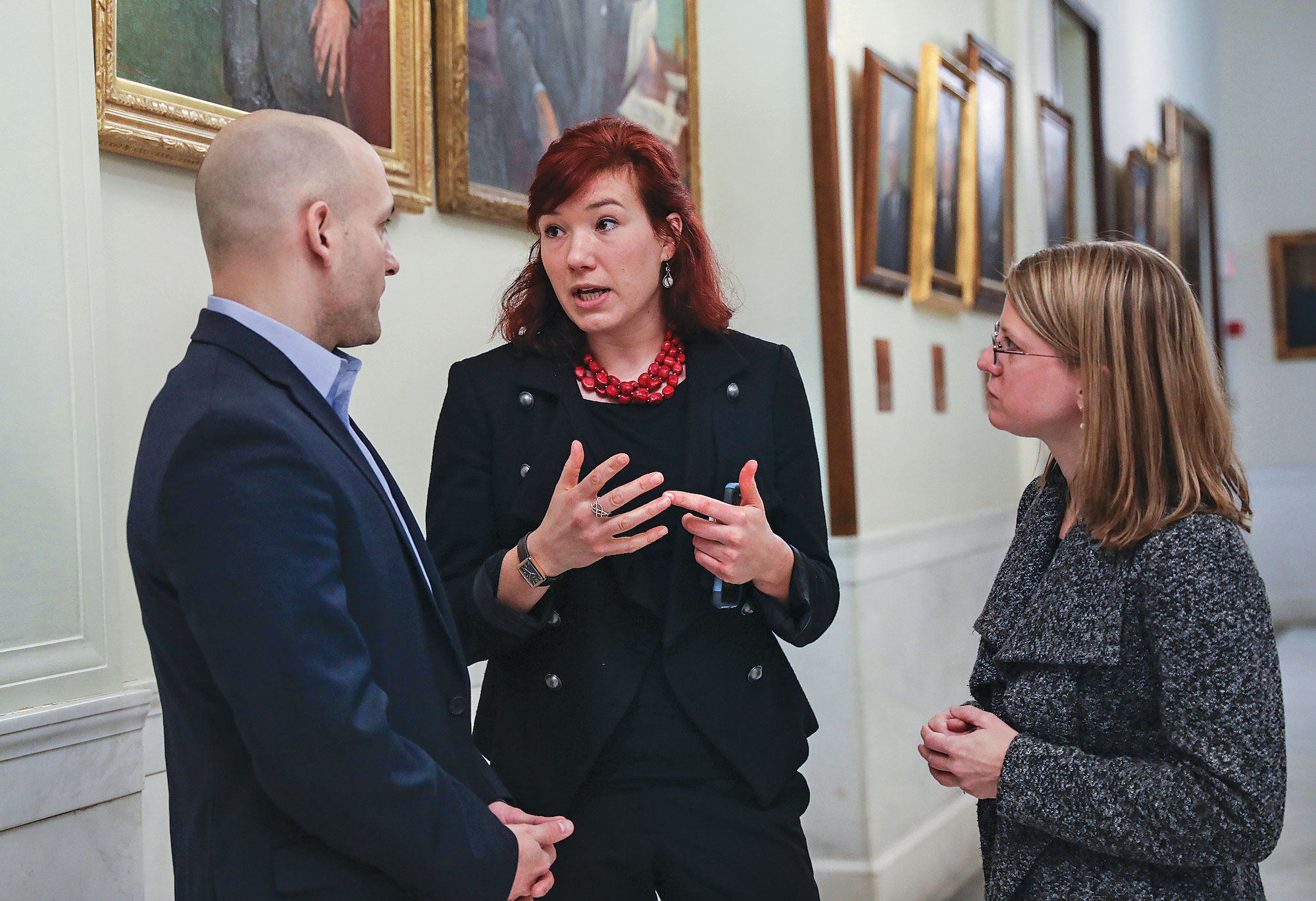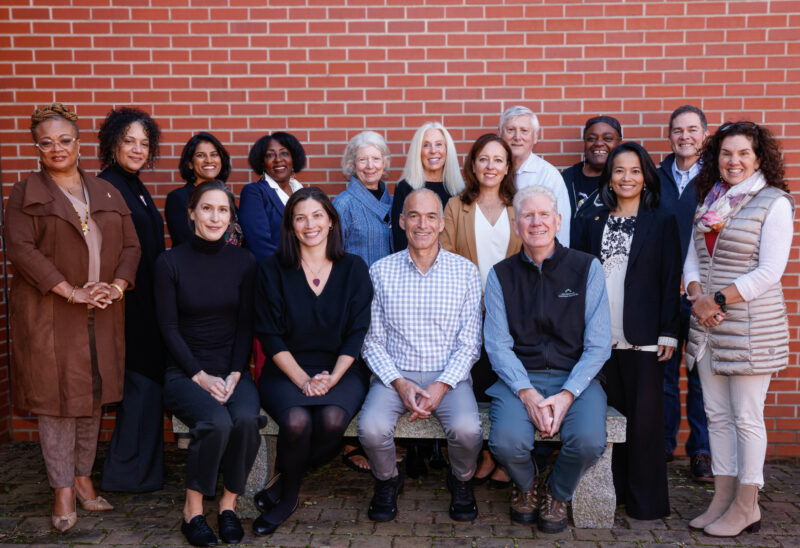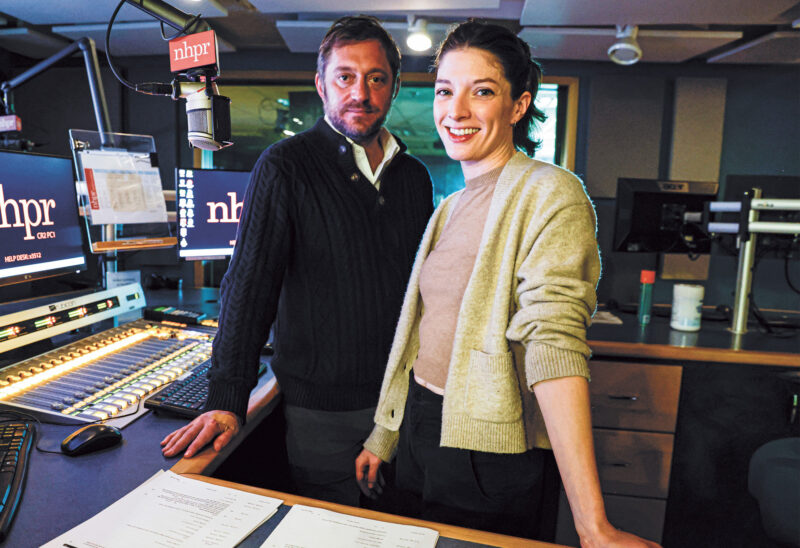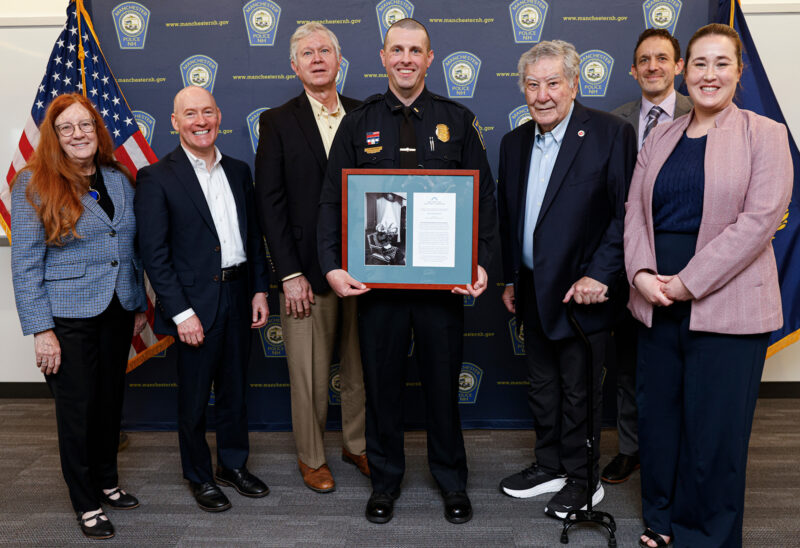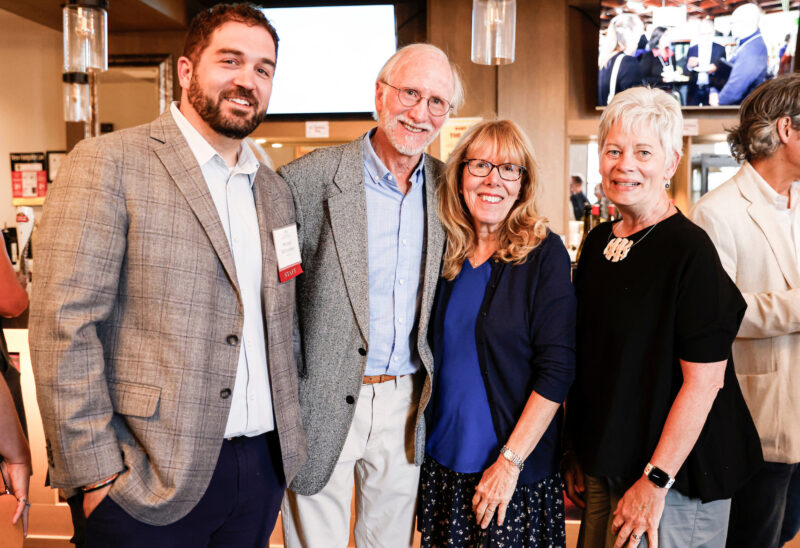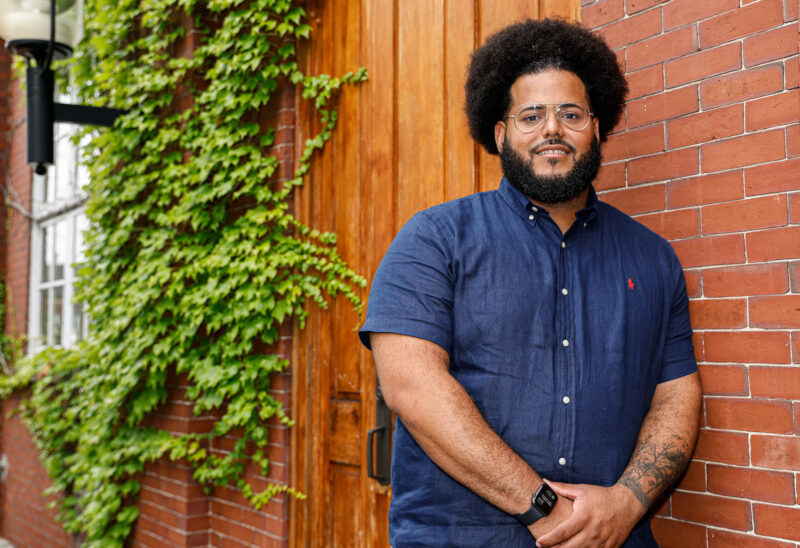Jeanne Hruska was leaving the State House after a morning spent conferring urgently with legislators and sitting coiled at the edge of her seat through a series of roll-call votes on high-profile bills.
As she made her way through the State House lobby, she was stopped by one of the most influential Democrats in the New Hampshire Legislature, who thanked her for her work on a controversial piece of legislation. She took a few more steps, and an influential Republican stopped her and thanked her for her work on the same legislation.
Hruska is the policy director for the American Civil Liberties Union of New Hampshire. A grant from the New Hampshire Charitable Foundation helped fund the first year of her position.
In an era of hyper-partisanship, Hruska and her colleagues have proved expert at building alliances across the ideological spectrum. The ACLU of New Hampshire worked with the Catholic Church against the death penalty — and with Planned Parenthood for reproductive rights. They partnered with the Business and Industry Association on a transgender non-discrimination bill. They were allied with Americans for Prosperity on bail reform, and are working with the AFLCIO on fair-chance hiring and with the American Friends Service Committee on rights for immigrants.
“The thing I am most proud of is that every one of our successes” — including bail reform, transgender non-discrimination, privacy and reproductive rights — “has come as the result of bipartisanship,” Hruska said.
Hruska is a New England- raised, George Washington Law School-educated policy wonk whose favorite three years of education were spent studying constitutional and international law.
She had been working as a senior advisor at the U.S. Department of State, promoting democracy and human rights in central Africa, and coordinating U.S. sanctions policy. Feeling a growing urgency to defend civil rights at home, she left the State Department and joined the ACLU.
Now, she said, “I am fighting for the same values at home that I was fighting for overseas.”
Since joining the ACLU’s New Hampshire affiliate, she has presided over what Executive Director Devon Chaffee called “the most productive legislative session in the ACLU of New Hampshire’s history.”
“She has been a transformative addition to our team and has completely elevated the way we do advocacy work. Jeanne fights really hard. She is incredibly tenacious in the best of ways.”
In just a single New Hampshire legislative session, Hruska built coalitions and advocated on a dizzying array of issues.
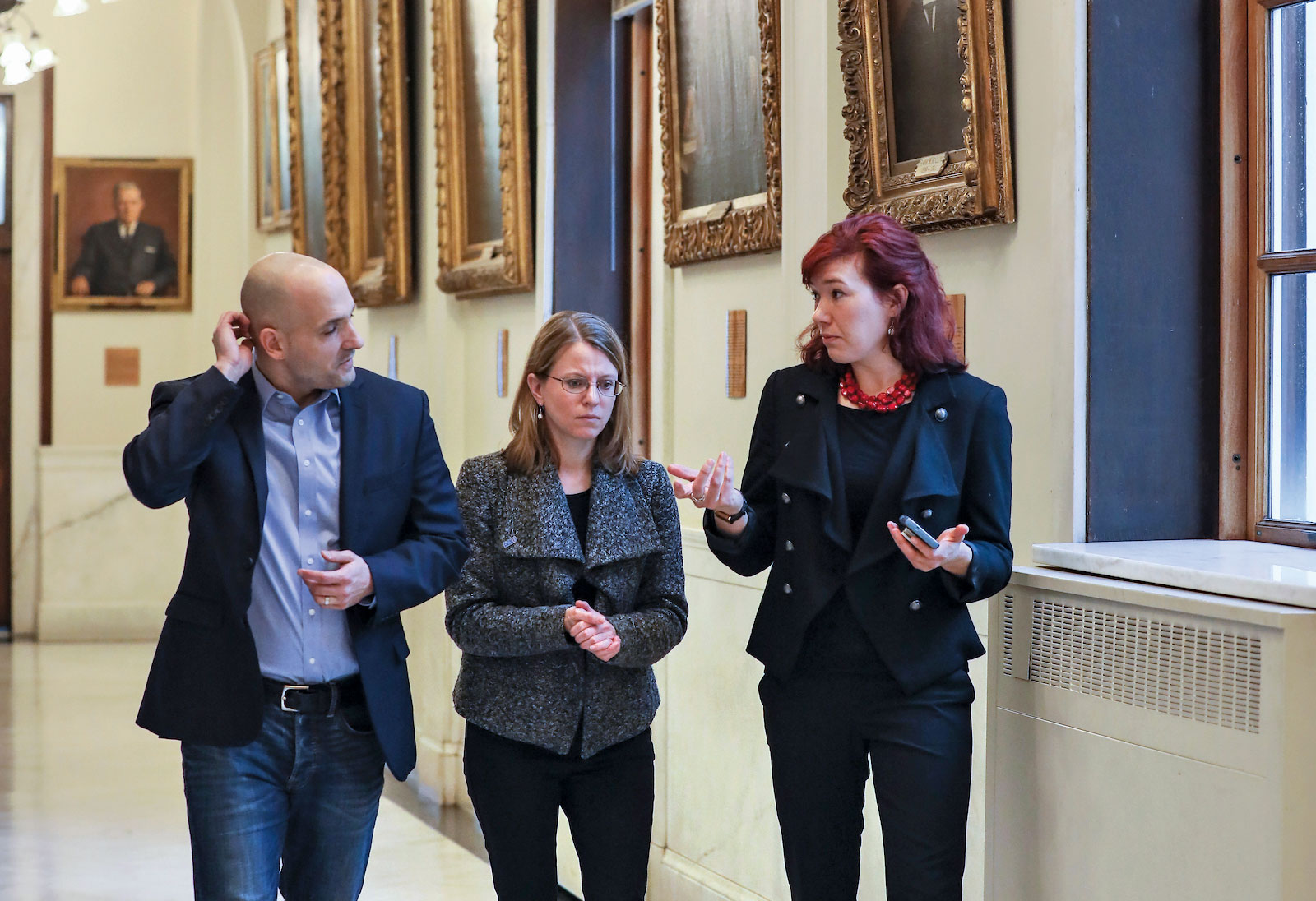
She has been a quick study in New Hampshire politics: “The notion of ‘we’ll agree to disagree’ means more here than in other places,” she said, “People can work together on certain issues despite differences on others.”
The ACLU works on three fronts: in the courts, in the legislature and at the grassroots.
The organization exists in a pressure cooker of more-or-less constant controversy. A day hardly goes by when the ACLU is not in the news: suing the state over immigration checkpoints or to protect voting rights; helping secure passage of high-profile legislation; opining about privacy rights or free speech for public employees. And much more. (To clear her mind, Hruska boxes — she finds beating up on the heavy bag to be a stress-relieving exercise.)
There is a strong sense of urgency to the work. On issues like LGBTQ rights and voting rights, Chaffee said, “we are seeing an erosion” at the federal level. “We need to make sure we are building protections at the state level as much as we can.”
Chaffee is quick to remind people that both the national ACLU and its New Hampshire affiliate are nonpartisan defenders of ideals, not parties or candidates. Allies on one issue may be opponents on another. Sometimes the organization’s positions are popular, sometimes unpopular. But Hruska and her ACLU colleagues are laser-focused on mission: “preserving the individual rights and liberties guaranteed in the Bill of Rights and the Constitution.”
“It is so important that there be an organization that is willing to play that role and to stand up and take the heat when necessary,” Chaffee said.
For 30 years, the ACLU’s New Hampshire affiliate was run by Claire Ebel and focused primarily on the First Amendment. The organization now has nine staff members (up from three in 2013) including two full-time attorneys, and is in the process of hiring additional staff. Membership, now at 9,000, has tripled since 2012. (Nationally, ACLU membership has skyrocketed in the past couple years,from 400,000 to 1.84 million.)
Chaffee and the board recognized the need for a policy director who could build relationships and track civil rights and civil liberties issues year-round — not just chase bills when the Legislature was in session.
Hruska traded in her Washington, D.C. digs near the Lincoln Memorial for a dark, asymmetrical office in a converted warehouse in Concord. The smell of Sheetrock dust hangs in the air. Her office window is above eyelevel, with a hallway view. On her north wall is a painting of a ballot box locked in a prison cell.
Hruska loves hanging out in the hallways of the Legislative Office Building, talking to legislators. She does not bemoan the New Hampshire Legislature’s unwieldiness (it is the fourth-largest legislative body in the English-speaking world) but relishes the grassroots nature of the work.
“The local level is more important than ever,” Hruska said.
She started a recent day in a meeting with a major trade association, hoping to garner support for “fair-chance hiring,” an ACLU push to get employers to ask prospective employees about criminal records in-person rather than on a check-box form. Hruska argued that prospective employees who are otherwise qualified and have fulfilled the terms of their sentences should not be automatically rejected without a chance to explain their records face-to face — especially in a state with both a workforce shortage and an opioid crisis. She went on to strategize via phone with ACLU-national’s privacy expert in New York. Then she, Chaffee and two staff attorneys sat down with a list of bill titles filed to-date for the next legislative session, to decipher language and triage priorities. The ACLU will ultimately track up to 200 of roughly 1,000 pieces of proposed legislation filed, and work actively on about 50.
Sometimes, Hruska said, “You feel like you’re racing the clock — what is the next threat going to be? Are we ready?”

